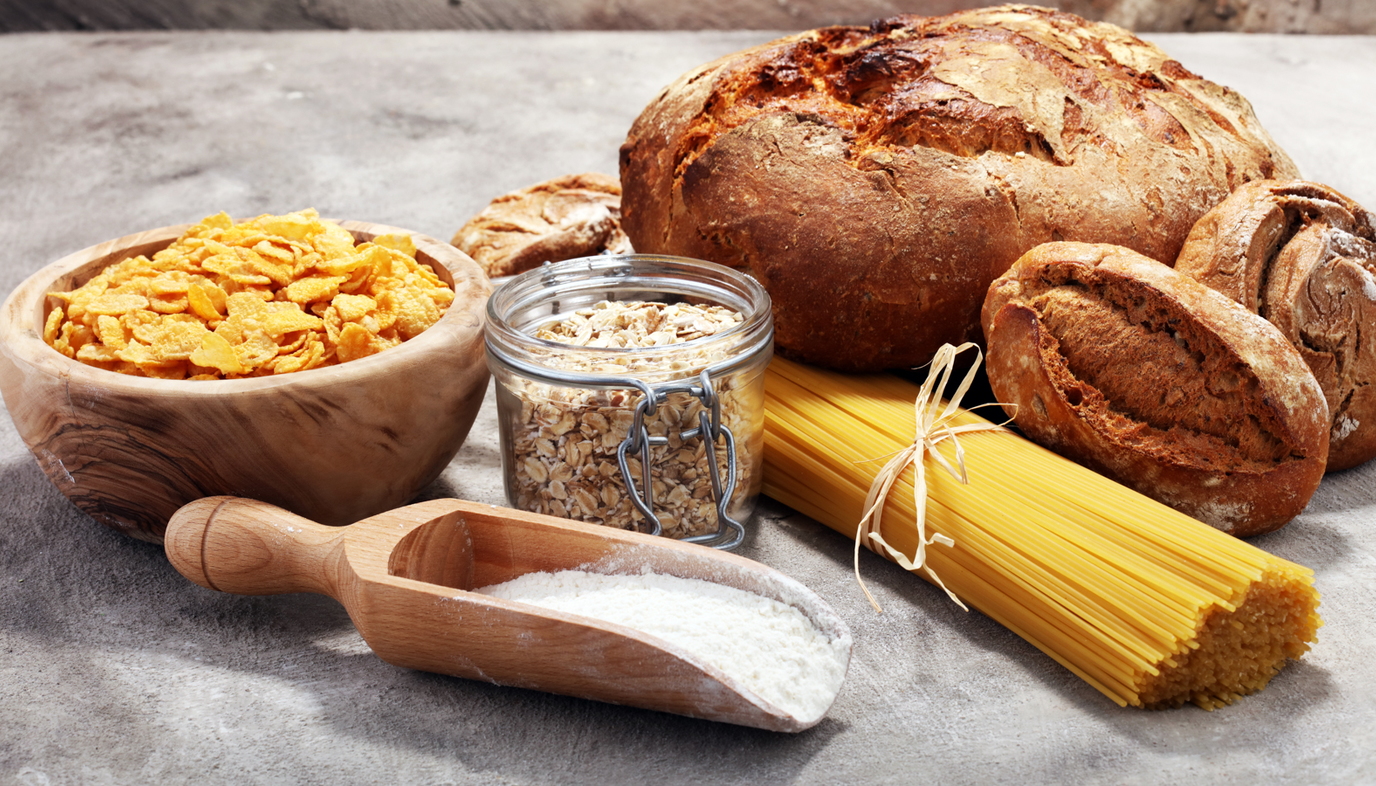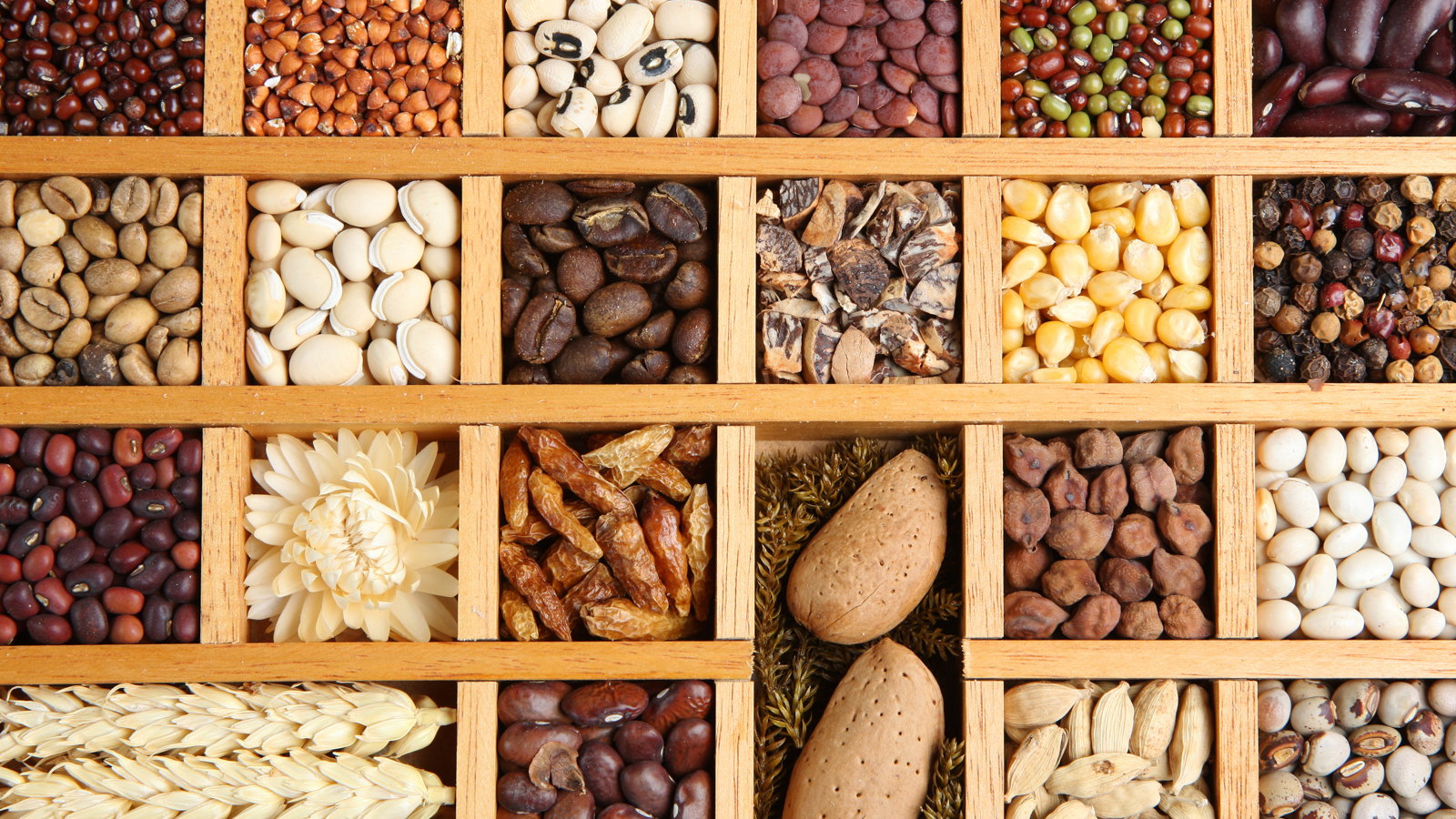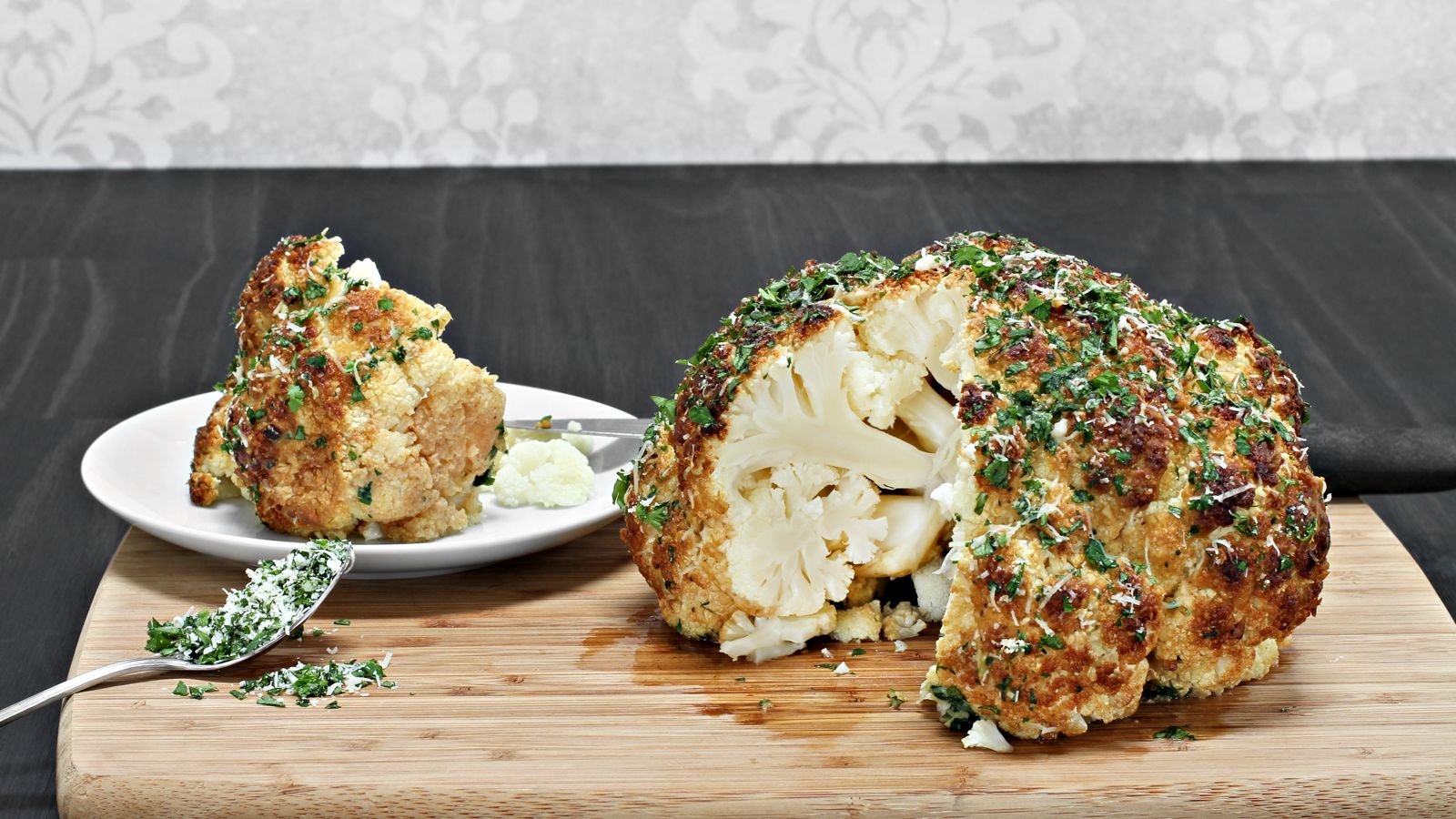
Less than a century ago, our diet was made up entirely of whole foods. Nowadays, many people in our society wouldn’t know how to prepare a whole food for eating if they were stuck on an episode of Survivor. Yet to have a healthful and nutritionally-sound diet, highly-processed foods should make up less than 20% of our daily feed. But what exactly does the term “whole foods” mean, and why are they so important to a healthy body?
The term “whole foods” has been thrown around so loosely that many people confuse it with “organic.” Make no mistake: these do not mean the same thing. Organic refers to foods or ingredients grown in a chemical-free environment, without the use of artificial pesticides, fertilizers or hormones. Whole food is food that has only one ingredient: itself in its natural form. In other words, a food that hasn’t been processed into another state.
Whole Versus Organic Versus Vitamin-Rich?
Organic foods can be processed and still be called organic if they are made with organic ingredients. For instance, you can have a package of organic cookies in which the cookies have been made with all organic ingredients, but this is still considered a processed food because the ingredients have been altered from their original state. The wheat has been ground, the sugar has been extracted from the cane… etc. While it is certainly an admirable goal to eat organic, we should strive to include whole foods in our daily diet as well.

Why are whole foods so important? Our bodies — our systems for digestion, absorption, and metabolism – evolved to utilize nutrients in the amounts and combinations provided by the food that grows naturally on this planet. Foods are made up of hundreds of different, health-giving substances that work together to deliver health. The only way to take advantage of this packaging is by eating the whole food itself rather than a product that is a derivative of it. Many biochemical researchers, nutritionists, and herbalists believe that the body will never achieve maximum nutrition and an ultimate healthy state without whole foods.
Vitamin supplements do not replace the nutritional value of whole foods because vitamins only resemble selected parts of food. They do not contain the complex, interwoven structure of nutrients and other substances found in one bite of whole food. Additionally, whole foods are alive with enzyme activity while isolated vitamins are not living substances. And even so-called “natural” vitamins are often more than 90% synthetic. Here’s an example of the different effect of vitamins versus whole foods: The medical community has long known that a diet full of plant-based foods that are rich in beta-carotene can help protect against cancer. But a recent large-scale study that administered beta carotene supplements to lung cancer patients actually proved harmful. It seems that beta carotene is only one of the many substances contained in the whole foods that were providing protection against cancer. They actually had to stop the study early because it was causing so much harm. The safest bet for getting the full benefit out of nutrients and other substances in plants is to consume them in their original packaging as designed by Mother Nature.

The opposite of whole foods are processed foods. The more steps away from the original plant, the more processed the food is and the fewer nutrients remain. Processing increases our ability to store food for later use, allowing communities to live farther away from the source of the food. Let’s look at the transformation of the whole food of a potato into a highly processed potato chip: First, the potato is peeled, losing fiber, iron, and calcium along with the skin. Then it is washed, rinsing away carbohydrates, vitamin C and minerals. It’s sliced, washed again, and fried, removing water and destroying B vitamins while adding fat. Then it is salted, flavored with spices and given artificial colorings, and finally, it is preserved with chemical preservatives. The result of all this processing? Shelf-life, crunch, and convenience, along with 70 times the fat, 20 times the salt, 1/2 the carbohydrates, and less than 1/3 the fiber, iron, vitamin C and thiamin of a baked potato. And we haven’t even begun to look at partitioning, which is when some part of the food is taken or separated from the rest, such as sugar from beets, oil from peanuts, or refined flour from whole grains.
Nearly 70% of the US food supply consists of partitioned foods that are almost completely devoid of fiber, vitamins, and minerals. Adding whole foods to your diet enables you to enjoy all the nutrition offered by nature’s bounty, leading to better health and better eating habits.
About the Author:
Elizabeth Yarnell is a Certified Nutritional Consultant and the author of Glorious One-Pot Meals: A new quick & healthy approach to Dutch oven cooking, and a guide to preparing quick, healthy and balanced one-pot meals. Visit Elizabeth online at www.GloriousOnePotMeals.com to subscribe to her free newsletter. The Glorious One-Pot Meal cooking method is unique and holds US patent 6,846,504.
